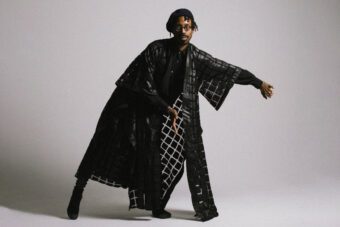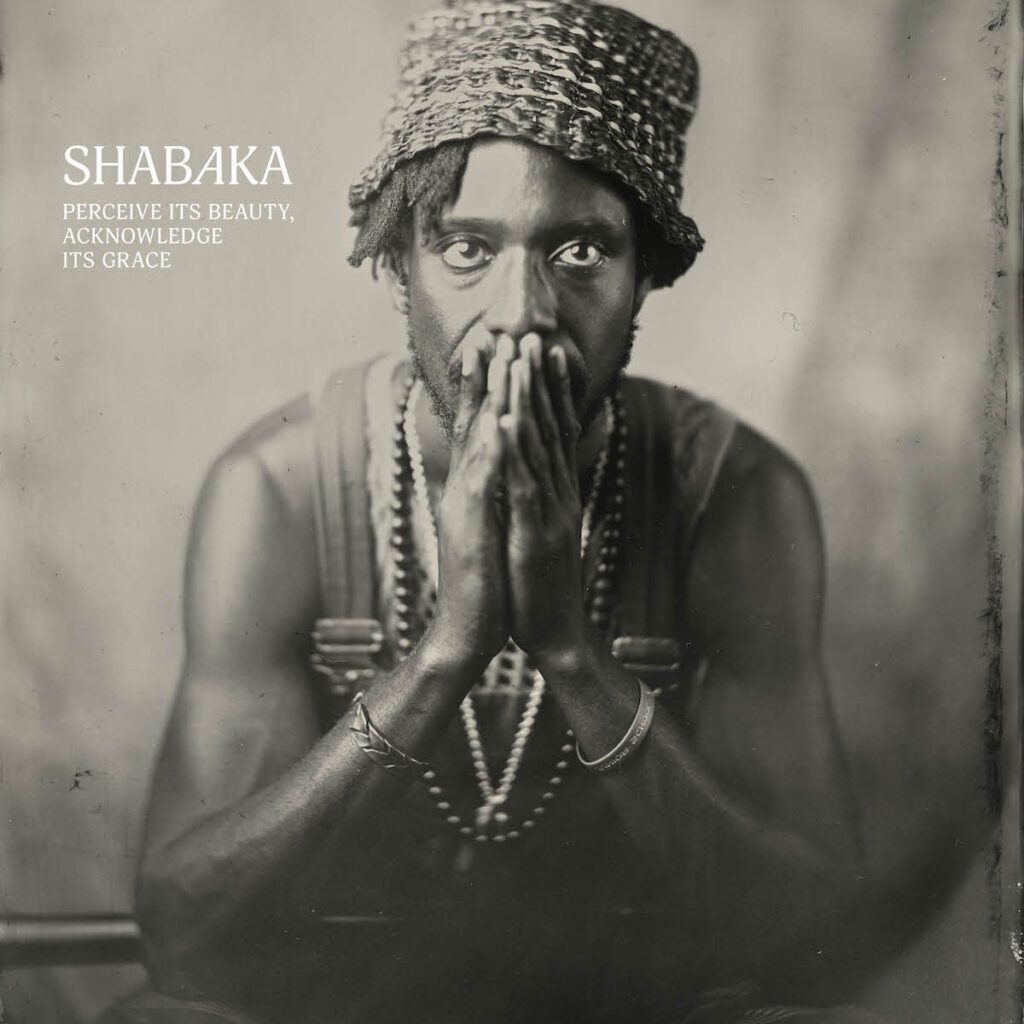
Shabaka – Perceive its Beauty, Acknowledge its Grace
Impulse!
When tomorrow’s jazz historians are pondering our current era in their rent-controlled spaceships, they’ll see a state of the music divided into two schools, or two pathways to achievement.
Down one, the older model: the Great Jazz Musician as a singular improviser, spinning athletic and imaginative lines from original tunes and standards, (hopefully) apprenticing with an established bandleader before helming their own groups. Down the other, a newer, more slippery pop-like strategy: atmospheric wordless music, some of it with tenuous-at-best connections to American jazz tradition, bolstered by trendsetting online publications. In place of showcasing a unique proficiency in post-bebop language, these globally minded artists arrive by making albums of sonic and conceptual insight for labels of cultural cachet. The nebulous subgenre of “spiritual jazz” often turns up in reviews; the music clearly is more indebted to Alice Coltrane than to her husband John, an idea that would’ve been perplexing in the 20th century.
On his full-length solo debut, the British-born woodwind player Shabaka Hutchings (Sons of Kemet, The Comet Is Coming) thrives on the axis between these two camps. He’s a curious and astute musician who avoids tropes, and Perceive its Beauty, Acknowledge its Grace includes both stalwart midcareer jazz musicians (Jason Moran, Nasheet Waits, esperanza spalding, Marcus Gilmore, Brandee Younger) and André 3000, whose willingness to perform and record improvised music is less contentious than it should be. André is deployed mercifully here, his Teotihuacan drone flute thoroughly subsumed into an arrangement (“I’ll Do Whatever You Want”) propelled by Floating Points’ pulsating Rhodes Chroma.
Hutchings, who has been an authoritative bandleader in the past, is more a savvy studio auteur here, alongside co-producer Dilip Harris. Perceive is ethereal, sure, but it’s also multilayered and compelling, staving off New Age-ness with pensive beauty and trenchant spoken-word (Saul Williams, Elucid, Anum Iyapo). Its overdub-filled orchestrations—swirling combinations of Hutchings’ flutes, Miguel Atwood-Ferguson’s strings, Younger and Charles Overton on harp, and gossamer vocals (Moses Sumney, Eska, Laraaji, Lianne La Havas)—demonstrate stunning command of sound design and post-production. As a soloist, Hutchings favors mood to mastery on clarinet and flute, though he catches ’60s fire during “Breathing,” his lone saxophone feature—invoking John Coltrane on an album captured mostly at Van Gelder Studio, one of Trane’s temples.
Shabaka’s ambitions are clearly beyond genre, but he’s also still a jazz guy. GRADE: B+

To see our running list of the top 100 greatest rock stars of all time, click here.
